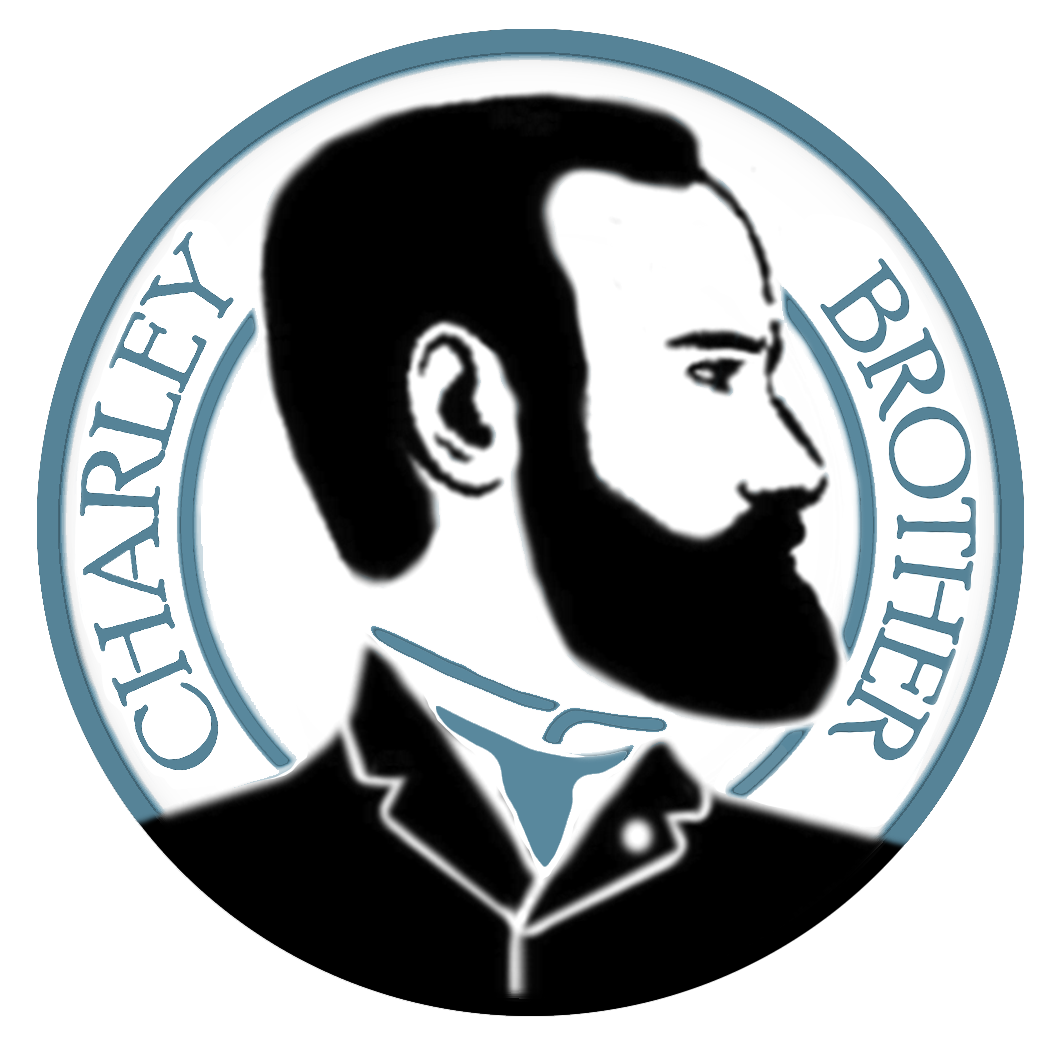Henry Brother and his wife Mary Ann buried their baby in 1832 at the Grove Cemetery in Bath, New York. Words were spoken by their Episcopalian minister to never lose sight that God’s plan is not for you to see.
On their walk home, Henry kept thinking it wouldn't do that the baby that died was to have his name and take after the name of his grandfather, indentured servant, and Revolutionary War patriot Heinrich Bruder. So what Henry want now were not some comforting verse but something more energetic, almost athletic like those of Bishop Hobart. Yes, those punchy truths would have been preferred to solve a problem instead of those from their local neighbor. The bishop’s sharp way was the correction they needed, to scrub out the loss.
By the time they walked onto the back porch, greeting their pets, Henry determined to try for another child as soon as could be arranged and to name him Henry Hobart. The agenda locked in something to look forward to.
At night he reached for Mary Ann, who was asleep. Despite the July heat, he pulled her close in that automatic manner lovers know even when blind with exhaustion, announcing, “What about the name ‘Henry Hobart’ for our next child?”
But it was too hot. He pulled away and placed his arms above his head, locking them behind his head and had visions of announcing the name of the boy, sharing it with the church elders, thinking of their appropriate reactions.
As things cooled off, he returned to Mary Ann. Her responsive, slow touch brought to him round to the simple, low-key order that their local pastor liked to talk about: you can make all the plans you want.
